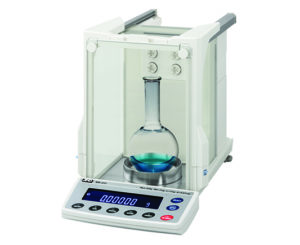 Selecting the right scale can be challenging, with choices ranging from laboratory precision balances to industrial-grade models for warehouses. Each type of scale is suited for specific purposes, so finding the right one involves considering factors like accuracy, durability, capacity, and the environment where it will be used. Here’s a comprehensive guide to help you make an informed decision.
Selecting the right scale can be challenging, with choices ranging from laboratory precision balances to industrial-grade models for warehouses. Each type of scale is suited for specific purposes, so finding the right one involves considering factors like accuracy, durability, capacity, and the environment where it will be used. Here’s a comprehensive guide to help you make an informed decision.
Understanding Different Types of Scales
Each scale type is crafted for specific uses and settings. Precision and analytical balances, for instance, are indispensable in labs where accuracy down to the milligram is essential. These scales often come with windshields to stabilize readings, making them ideal for environments like pharmaceutical and chemical labs. Meanwhile, platform scales are designed for heavy-duty applications and are commonly used in warehouses and shipping facilities.
Other popular options include bench scales, which are portable and moderately precise, making them ideal for food portioning and small packaging tasks. Crane scales, built for hanging loads, work well in environments like construction sites where items need to be weighed while suspended. Knowing the specific use for each type can help narrow down the choices.
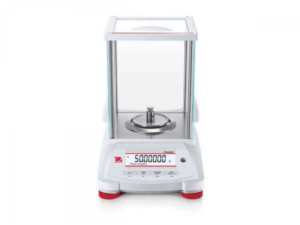 Determining Capacity Requirements
Determining Capacity Requirements
Capacity is a primary factor when selecting a scale. Scales are rated for maximum loads ranging from a few grams to several tons, and selecting one with the right capacity for your needs is crucial. Overloading a scale can lead to inaccuracies or damage.
Retail scales often support a few kilograms, while industrial models can handle hundreds or even thousands of kilograms. Laboratory balances are at the lower end, capping at a few hundred grams for precise measurement of small items. If you need versatility, choose a scale with a wide capacity range to meet your most demanding weight requirements.
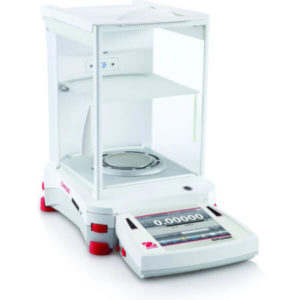 Prioritizing Precision and Accuracy
Prioritizing Precision and Accuracy
Precision is key in industries that demand high accuracy, such as food production, pharmaceuticals, and research labs. High-precision scales often come at a premium but are invaluable where exact measurements are vital. Analytical balances used in labs, for example, can measure to four decimal places, whereas industrial scales may only need precision within one decimal place. Investing in a precise scale, even if not always required, provides flexibility across different measurement needs.
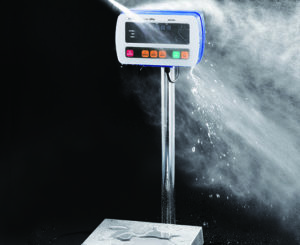 Considering Environment and Durability
Considering Environment and Durability
The operating environment heavily influences the type of scale best suited to your needs. In industrial or outdoor settings, scales must withstand harsh conditions; those made of stainless steel, for instance, endure dust, humidity, and chemical exposure better than others.
For rugged use cases, look for scales that are dust- and water-resistant or feature protective casings, especially if the setting involves temperature fluctuations or rough handling. The durability of a scale will save costs in the long run by reducing repairs and replacements.
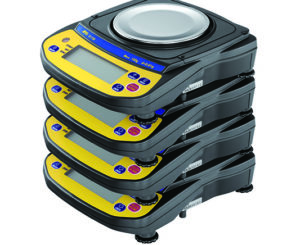 Choosing Portability for Flexibility
Choosing Portability for Flexibility
Portable scales offer flexibility for businesses needing mobility. Many industries, like agriculture and food services, rely on mobile scales for on-site measurements or remote weighing tasks. Bench and platform scales often come in portable versions and are ideal for both stationary and on-the-go applications.
These scales are generally lightweight, compact, and battery-operated, making them easy to transport. This is especially useful in settings like open markets or field operations where weighing needs can vary by location.
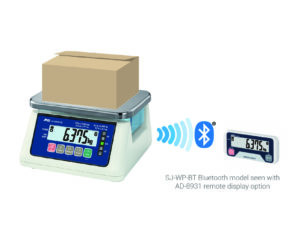 Exploring Advanced Features and Technology
Exploring Advanced Features and Technology
Modern scales offer features that enhance functionality and convenience, like digital displays, wireless connectivity, and data storage. Digital scales provide clear readings and often include auto-calibration for maintaining accuracy. Many also allow connections to computers or other devices, simplifying data management and record-keeping.
Selecting scales with specific features based on your needs—like crane scales for heavy, suspended loads or scales with digital interfaces for easy data transfer—can streamline your workflow and improve productivity.
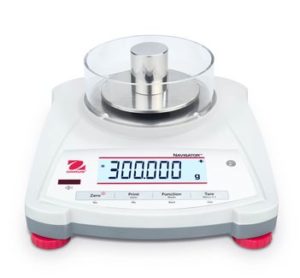 Planning for Maintenance and Calibration
Planning for Maintenance and Calibration
Regular maintenance and calibration are essential to ensure scales remain accurate over time. Most scales, especially those in frequent use or harsh environments, need periodic calibration. Industrial scales may need recalibration every few months, while laboratory models may only require annual checks.
Choosing a scale from a reputable brand with accessible support options can make maintenance easier. Some high-end digital models also come with self-calibration features, reducing maintenance demands and minimizing downtime.
Budget and Return on Investment
Finally, budget plays a major role in selecting a scale. Prices can vary significantly, with advanced models costing more but offering longer lifespans and better accuracy. While low-cost scales might seem budget-friendly, they can lead to additional expenses due to limitations in durability and precision.
Investing in a high-quality, accurate, and easy-to-maintain scale might have a higher upfront cost but can save money long-term by reducing operational disruptions and maintenance costs.
Selecting the ideal scale involves a balance of requirements—capacity, accuracy, durability, portability, and budget. By understanding the types of scales available and evaluating factors like environment and long-term maintenance, you can make a well-informed decision that best suits your needs.

